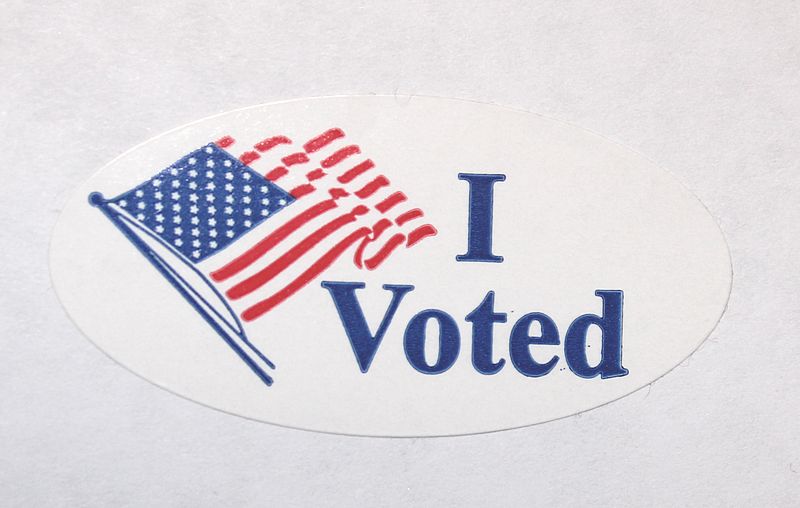Vote informed: breaking down the measure ballots
Vote in the 2018 Midterm elections.
November 4, 2018
1. South Dakota Constitutional Amendment W
WHAT IT SEEKS TO DO:
- replace the existing ethics and accountability commission with a new board that has the ability to investigate, adopt rules, issue opinions, conduct audits and fine/impose sanctions on state/local employees, taking $389,000 annually from the general state fund to run the board (the South Dakota budget is $4.6 billion)
- lower contribution limits to political parties, and block contributions labor unions and corporations and bar elected officials
- block candidates from using campaign funds for personal use
- set additional restrictions on lobbyists
- require voter approval for any substantial changes to the state’s initiative and referendum process
- constitutionalize the state’s simple majority voter approval (over 50% of votes, as opposed to a supermajority of 55%) for approval of initiatives (the existing law is in statute, not in the constitution)
- prohibit the legislature from amending/repealing citizen initiatives without voter approval
- make bribery and corrupt solicitation felonies
EFFECTS:
- it would allow changes to state campaign finance and ethics laws that legislatures can not repeal, as they did with Initiated Measure 22
- opposers say that it is too broad and are concerned about the $389,000 expense on the board, as well as the fact that the board will be independent and have extensive authority
2. South Dakota Constitutional Amendment X
WHAT IT SEEKS TO DO:
- increase the amount of votes it would take to amend the state constitution from over 50% to 55%, making it more difficult to amend the state constitution
EFFECTS:
- supporters believe that passing this measure will protect the integrity of the state constitution, particularly from out-of-state interests
- opponents believe that it will discourage citizens and volunteer-driven initiative efforts from petitioning for amendments
3. South Dakota Constitutional Amendment Z
WHAT IT SEEKS TO DO:
- require all constitutional amendments to concern only one subject
- require multiple amendments to be voted on separately
EFFECTS:
- supporters believe that it will make amendments clearer and prevent unintentional results
- opposers believe that Amendment Z is too vague because it doesn’t specify what ‘singular issues’ are, and therefore will make it harder for citizens to bring policy proposals to the ballot
4. South Dakota Initiated Measure 24 (IM 24)
WHAT IT SEEKS TO DO:
- ban individuals, political action committees and other entities from outside South Dakota from making contributions to state ballot measure campaigns
- entities have to be registered with the South Dakota Secretary of State’s office for at least four years before making a contribution
- employ up to $5,000 fine for any ballot committee that violates the measure
EFFECTS:
- supporters believe that out-of-state committees don’t have to live with policy changes, so they shouldn’t have an influence on whether policies pass
- opposers believe it could infringe on political speech and non-residents’ ability to express political views through donations
5. South Dakota Initiated Measure 25 (IM 25)
WHAT IT SEEKS TO DO:
- increase the tobacco tax
- increase tax on a 20-pack of cigarettes by $1, and a 25-pack by $1.25
- increase tax on other tobacco products from 35% to 55%
EFFECTS:
- it would result in an estimated $25 million in revenue for the state, of which $20 million will go to postsecondary technical institutes
- specifically, this $20 million will go toward lowering student tuition and providing financial support for tech schools
- however, those against IM 25 say that this is not a reliable source of revenue for tech schools due to the decline of tobacco tax revenues and the rise of fees for postsecondary institutions
- they also say that this measure would disproportionately burden low-income families, and IM 25 does not adequately address low-income families’ need for financial assistance
Sources/find out more:









